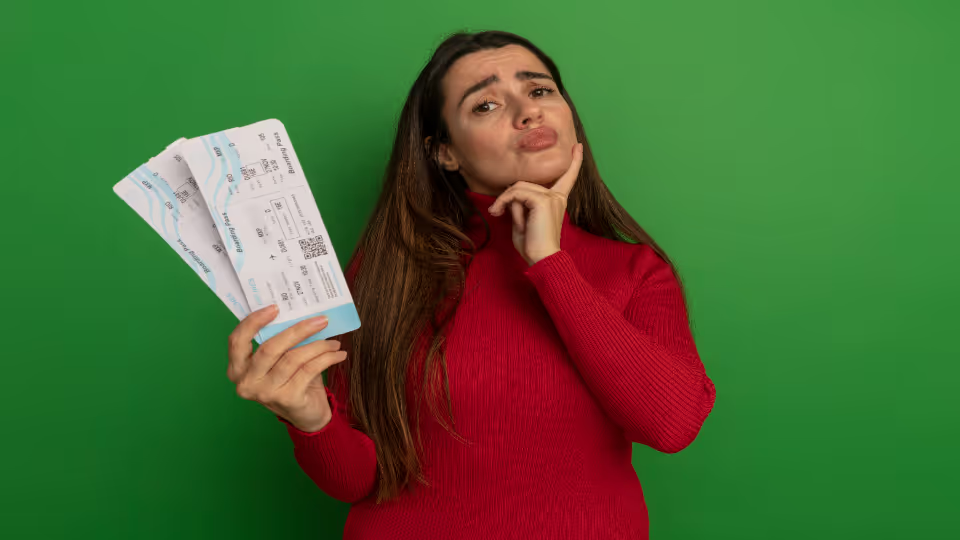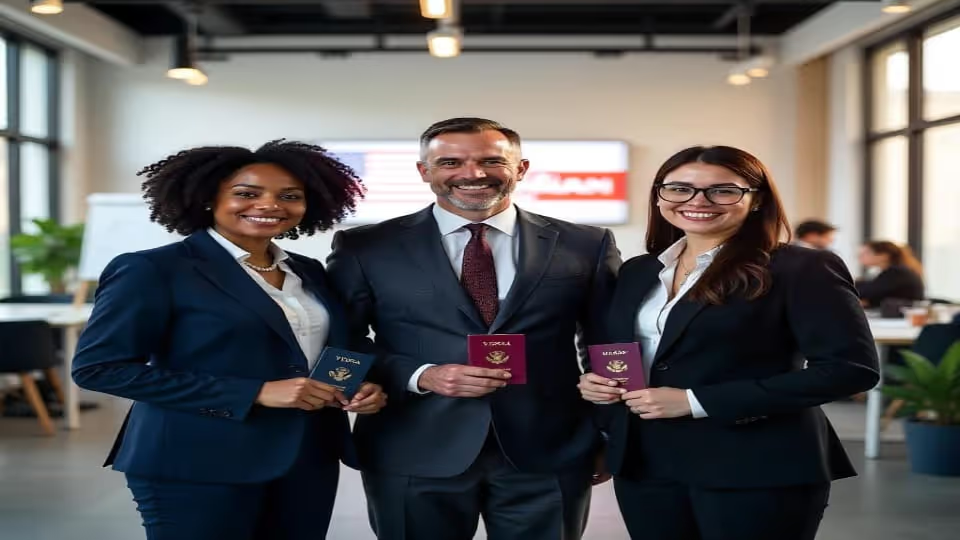.png)
.png)
Make social media accounts public for a US visa! Learn how this new US Embassy rule impacts Indians, and get help from Beyond Border and USCIS.

Have you been dreaming of visiting the U.S.? Or maybe working or studying there? I get it — applying for a U.S. visa can be overwhelming. And now, there’s a new twist you’ll want to know about: the U.S. Embassy is saying that if you’re an Indian applying for a US visa, you might have to make your social media accounts public. Yep, you read that right.
It doesn’t matter if you’re applying for a tourist visa or a work visa. According to the recent directive from the US Embassy, you might make sure your social media profiles aren’t hidden anymore. Sounds surprising, doesn’t it? Let’s break it down and make it super simple.
So, What’s Happening Here? Basically, if you’re applying for a US visa (and this applies to both tourist and work visa applications), you have to open up your social media profiles .The US Embassy announced this rule recently. The goal? To review your online activity and make sure your profile doesn’t raise any concerns. In plain words: if you’re going to the US, they want to make sure you’re who you say you are.
If you’re an Indian applying for any US visa, this rule applies to you. Here are some examples: Are you applying for an H-1B work visa? You’ll need to make your profiles public. Are you applying for a tourist visa? Same rule applies. Student hoping for an F-1 visa? Yep, this applies to you too.
I wondered the same when I first read it. According to the US Embassy, this step is meant to enhance security and make sure people aren’t hiding anything that might affect their visa application.
Personal Thought: To be honest, it feels like one more thing for applicants to worry about. But at the end of the day, making your social media public is just another step toward making sure the process goes smoothly.
Good question. They’re not trying to stalk you, but they’re looking for :Red flags like hate speech or threats. Links between your online persona and the information you gave in your visa application. Anything that contradicts what you said in your application.
That’s the big risk. According to the US Embassy, if your profiles are hidden, your visa review might be delayed — or worse, denied. Imagine this: You’re planning to study in the US and your visa is rejected because your social media wasn’t accessible. Not worth it, right? Better safe than sorry!
A Real-World Example- Picture this: Rahul from Delhi applies for an H-1B visa. He forgets to make his Twitter account public. When the visa officer can’t review it, his application goes into “further review” status, delaying the process by weeks. Meanwhile, another candidate with a clean and open profile goes through smoothly. Lesson? Making your profiles public is worth the effort.

That’s okay! Not everyone is active online. All you have to do is make sure the accounts you’ve listed in your application are publicly visible.
If you don’t have any social media accounts, you can just state “no accounts” in your USCIS application.
Q1: Do I have to make all my social media accounts public?
The accounts you mention in your USCIS application must be public.
Q2: Will this affect my tourist visa?
Yes, this applies to both tourist and work visa applicants. It might affect your visa application.
Q3: What if I don’t have any social media?
You can mention “no social media” in your application.
Q4: What if I forget to make my accounts public?
It might delay your visa or result in rejection. So, better be cautious.
Q5: Will making my social profiles public guarantee a visa?
Not necessarily. But it eliminates one possible reason for delays or denial.

Applying for a US visa is already a lot. Making sure your social media profiles are public doesn’t have to be a huge deal. Just review your posts, adjust your privacy settings, and align them with the information you’ve shared with the USCIS.
If you’re feeling stuck or overwhelmed, don’t worry — you’re not alone. That’s why platforms like Beyond Border are here to help you understand every step of the visa process.
Look, I get it. The idea of making your social media public can feel intrusive. But it’s worth doing if it means making your visa application smoother.
Have questions? Need help making sense of it all? Reach out to the team at Beyond Border. They’ve helped countless people like you get through the visa process — and can help you too.
Remember: Getting your US visa doesn’t have to be scary. Stay organized, review your profiles, and don’t forget that you have support every step of the way.
Take the first step today and connect with Beyond Border — because you deserve a chance to make your American dream a reality.